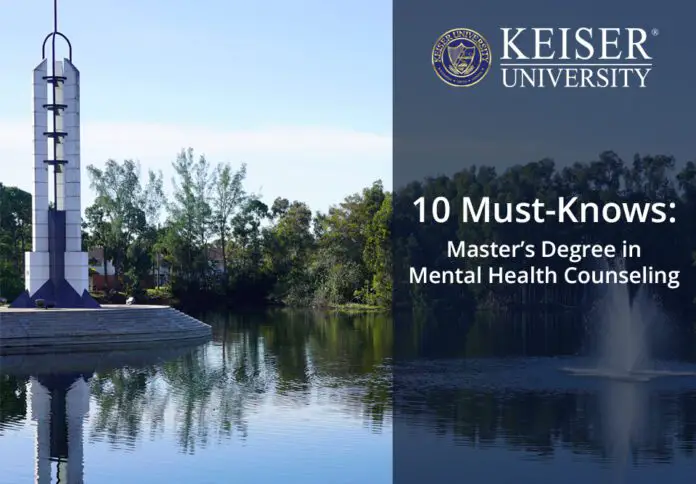Welcome to the World of Mental Health Counseling!
The Importance of Pursuing a Masters in Mental Health Counseling
What is Mental Health Counseling?
Mental health counseling is a crucial field that focuses on helping individuals cope with mental health issues, emotional challenges, and life stressors. Mental health counselors work with clients to develop coping skills, improve self-esteem, and address any psychological issues affecting their well-being.
Why is a Masters Degree Essential?
Earning a master’s degree in mental health counseling is essential for those who wish to become licensed professional counselors. This advanced degree provides in-depth knowledge of counseling theories, techniques, and ethical practices, as well as hands-on experience through supervised clinical internships.
Requirements for Pursuing a Masters in Mental Health Counseling
Educational Background
Individuals interested in pursuing a master’s degree in mental health counseling typically need a bachelor’s degree in psychology, counseling, social work, or a related field. Some programs may also require specific undergraduate coursework in psychology and behavioral sciences.
Skills and Qualities
Successful mental health counselors possess excellent communication skills, empathy, and the ability to establish rapport with diverse populations. They must also demonstrate strong critical thinking skills, emotional intelligence, and a genuine desire to help others improve their mental health and well-being.
Choosing the Right Graduate Program
Accreditation
It is essential to choose a graduate program that is accredited by the Council for Accreditation of Counseling and Related Educational Programs (CACREP) or the Commission on Accreditation for Marriage and Family Therapy Education (COAMFTE). Accredited programs ensure quality education and training that meet industry standards.
Curriculum and Specializations
When selecting a graduate program, consider the curriculum and specializations offered. Look for programs that provide a comprehensive education in counseling theories, techniques, and ethical practices. Some programs may offer specializations in areas such as trauma counseling, addiction counseling, or child and adolescent counseling.
Benefits of Earning a Masters in Mental Health Counseling
Job Outlook and Opportunities
With a master’s degree in mental health counseling, graduates can pursue diverse career opportunities in settings such as private practices, mental health clinics, schools, hospitals, and community agencies. The demand for mental health counselors is expected to grow, offering excellent job prospects for qualified professionals.
Personal and Professional Growth
Completing a master’s degree in mental health counseling not only enhances career prospects but also fosters personal growth and self-awareness. Through their education and training, aspiring counselors develop essential skills in counseling, empathy, and self-reflection that are invaluable for their personal and professional development.
Conclusion
Embarking on a journey to pursue a master’s degree in mental health counseling is a rewarding and fulfilling experience. By acquiring the knowledge, skills, and practical experience necessary to help individuals improve their mental well-being, aspiring counselors can make a meaningful difference in the lives of others while advancing their careers in a fulfilling and impactful field.
References
1. American Counseling Association. (n.d.). “Why Counseling?” Retrieved from https://www.counseling.org/knowledge-center/why-counseling
2. Council for Accreditation of Counseling and Related Educational Programs. (n.d.). “CACREP Accreditation.” Retrieved from https://www.cacrep.org/
FAQ
What are the career prospects for mental health counselors?
Mental health counselors can pursue diverse career opportunities in settings such as private practices, mental health clinics, schools, hospitals, and community agencies. The demand for mental health counselors is expected to grow, offering excellent job prospects for qualified professionals.
How does a master’s degree in mental health counseling benefit personal and professional growth?
Completing a master’s degree in mental health counseling not only enhances career prospects but also fosters personal growth and self-awareness. Aspiring counselors develop essential skills in counseling, empathy, and self-reflection that are invaluable for their personal and professional development.




